U.S. News
Trump’s Day One Promise: Lower Grocery Prices—Did He Deliver?
By Jake Beardslee · February 13, 2025
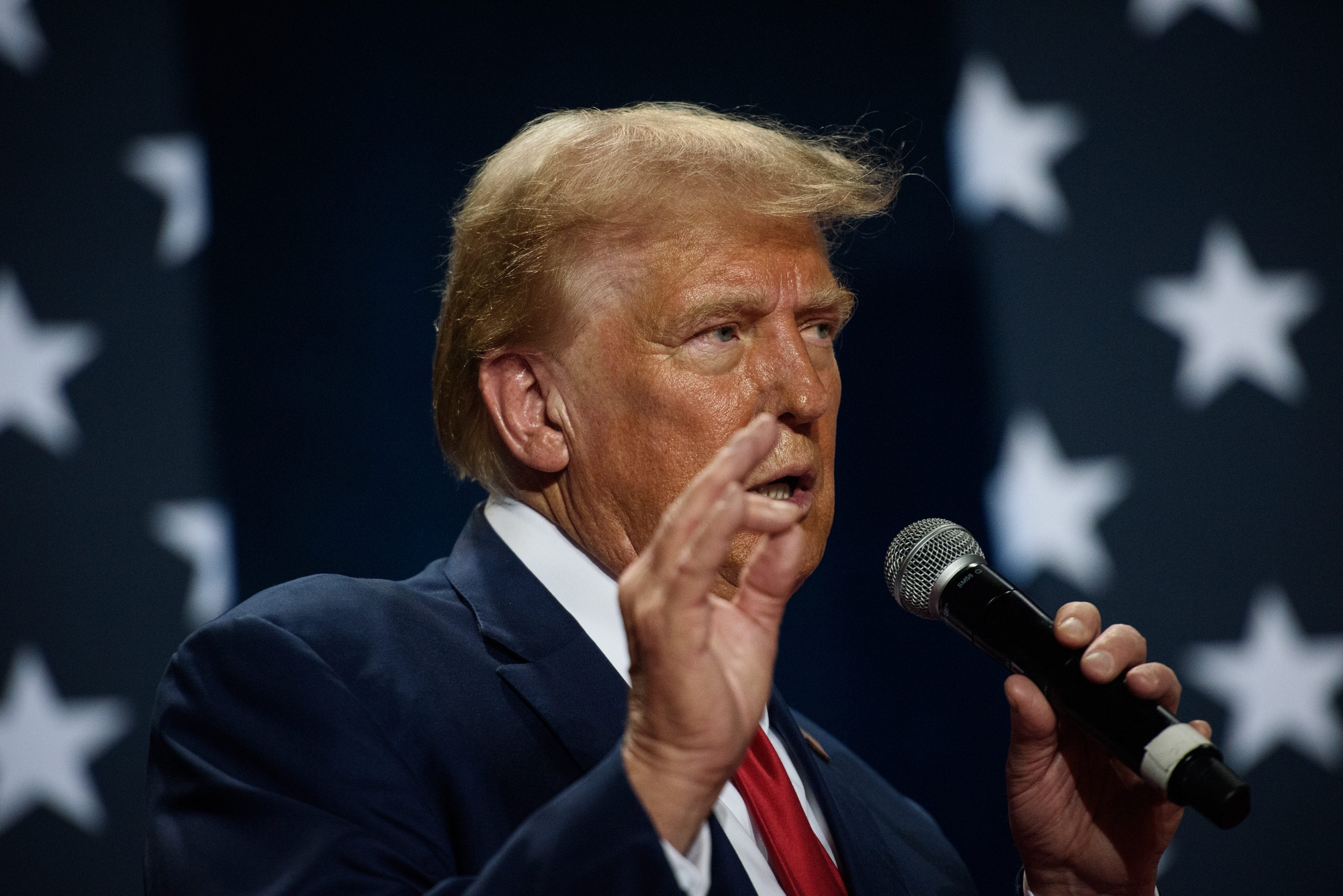
Trump’s Campaign Promise on Grocery Prices
During his 2024 presidential campaign, Donald Trump promised to lower grocery prices. In a September press conference, Trump pledged, "When I win, I will immediately bring prices down." The statement, often accompanied by the phrase “drill, baby, drill,” was meant to reassure Americans grappling with years of inflation that relief was imminent. However, as the new administration settles in, food prices continue their upward trajectory, particularly for staples like eggs. Andrew Craft / USA TODAY NETWORK via Imagn Images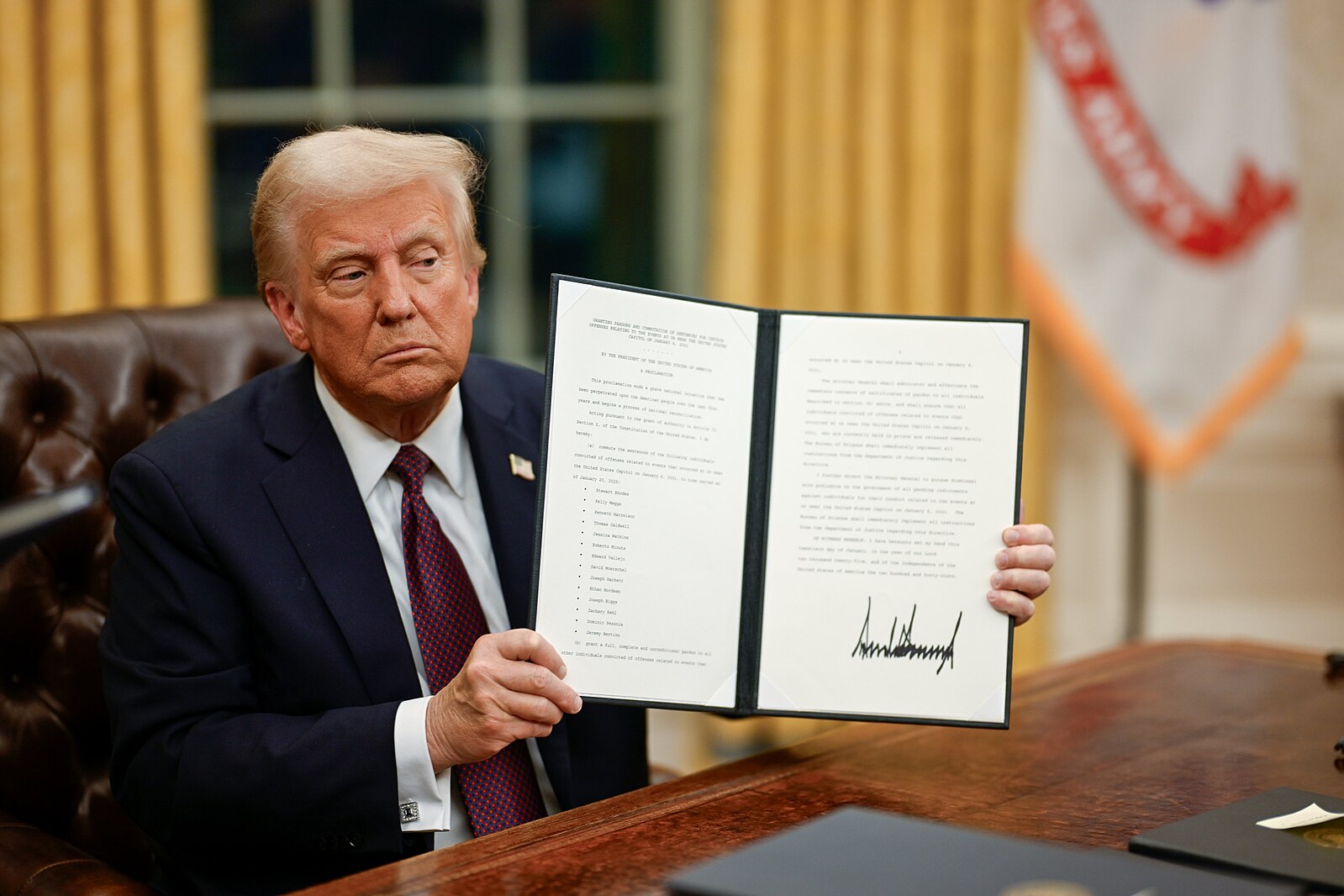
Executive Orders and Criticism from Lawmakers
Despite signing multiple executive orders since his inauguration, Trump’s efforts to address costs have not yet led to measurable outcomes, according to CNN. Democratic lawmakers have raised concerns, noting his focus on other priorities. In a letter signed by Sen. Elizabeth Warren and 20 congressional Democrats, they stated, “You have instead prioritized actions such as mass deportations and pardoning individuals involved in the January 6 attack, including those who assaulted Capitol police officers.” The letter also criticized his approach to economic issues, stating, “Your sole action on costs was an executive order that briefly mentioned food prices without outlining any specific policies to reduce them.”Trump has recently admitted that it’s “hard to bring things down,” while Vice President JD Vance echoed a similar sentiment on CBS, saying, “Prices are going to come down, but it’s going to take a little bit of time.” Vance suggested that encouraging capital investment was key to reducing costs. The Trump White House / Wikimedia

Trump’s Rhetoric on Grocery Prices and the Election
In a December 2024 appearance on NBC News' "Meet the Press", Trump stated:"I won on two things—the border and more than immigration. I break it down more to the border. But I won on the border and I won on groceries. It’s a very simple word: groceries. Like almost—you know who uses the word? I started using the word, the groceries, and I won an election based on that. We’re going to bring those prices way down." NBC News / YouTube
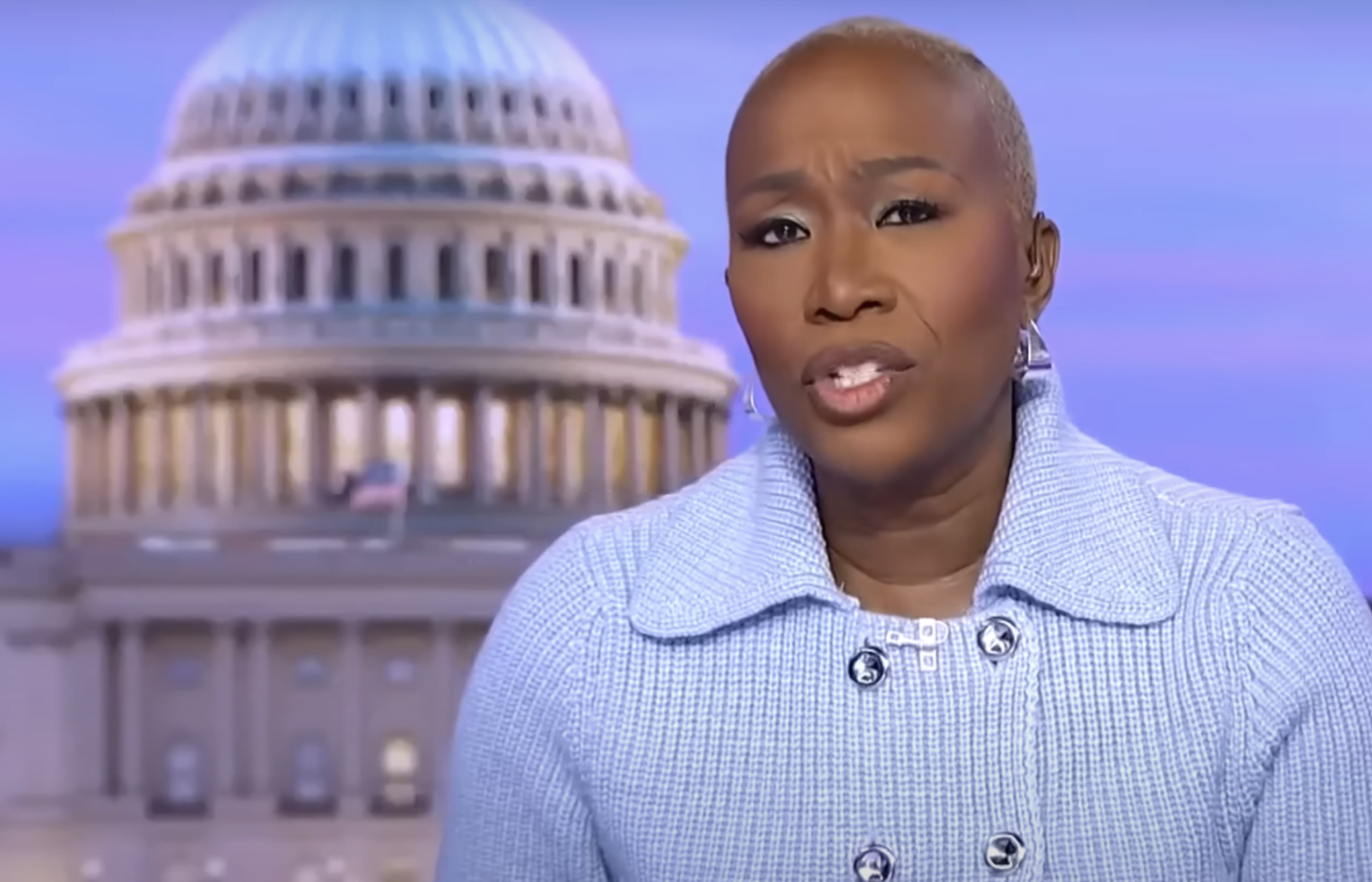
Grocery Prices Continue to Rise Despite Promises
Despite these assurances, grocery prices have continued to rise. Joy Reid, host of “The ReidOut” on MSNBC, recently addressed the issue:"Yet in the weeks since his inauguration, we have seen the groceries and all the other prices increasing almost across the board," Reid said. "Egg prices, which we are making a point to track here on the show, are now more expensive than at any point in the last decade." MSNBC / YouTube
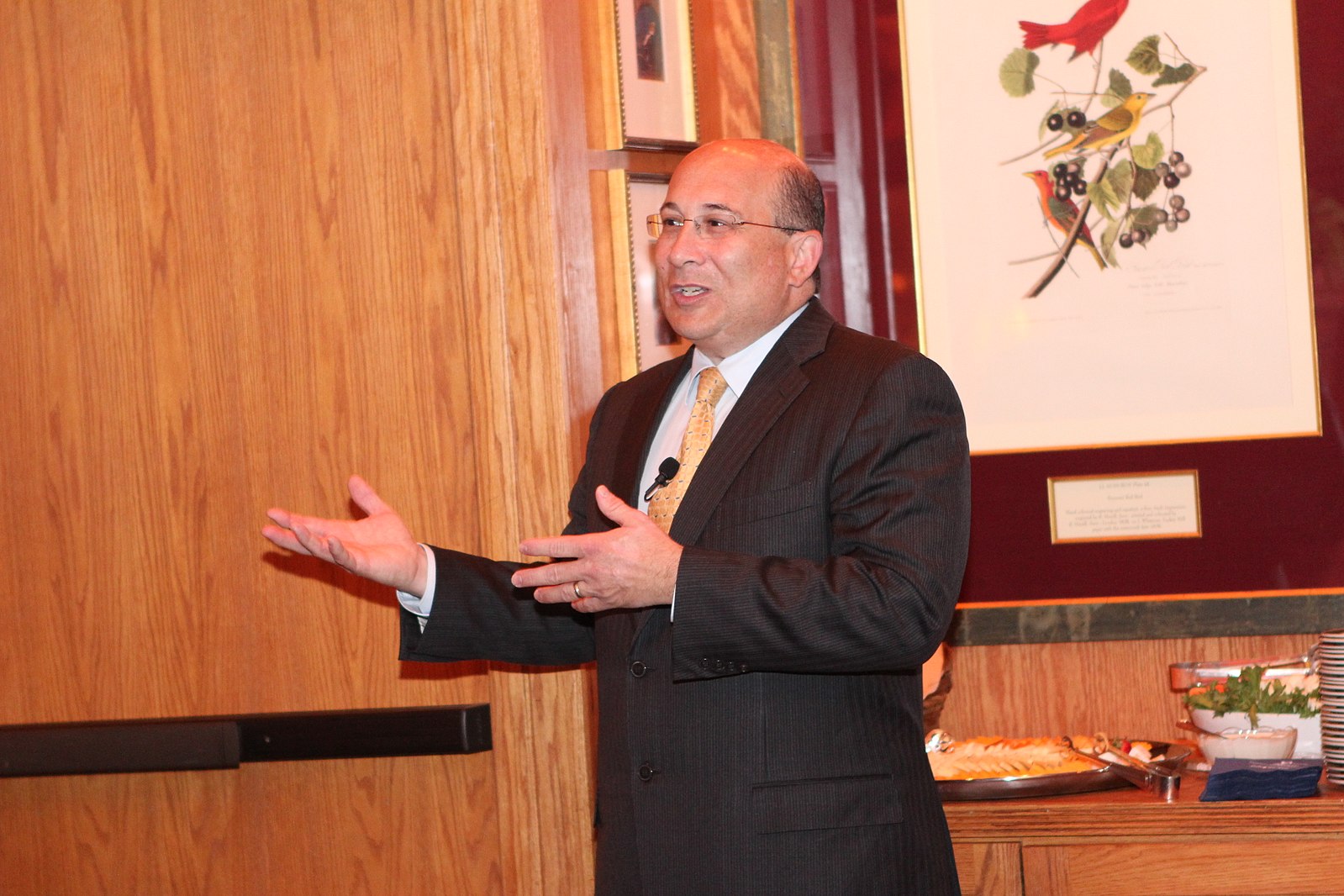
Economic Experts Weigh in on Rising Costs
Ron Insana, CNBC senior analyst and CEO of iFi AI, joined Reid to explain the forces behind rising grocery costs."We still have a sticky inflation problem from the last many years," Insana said. "Eggs in particular—you can’t blame President Biden, and quite frankly, you can’t blame President Trump. We have culled 140 million chickens since the bird flu outbreak started in 2022."
Beyond food prices, Insana pointed to additional economic pressures. "Prices, generally speaking, are about 20% above where they were in 2019. But to date, this president has not kept his promise to lower prices in any way, shape, or form. And in fact, if he imposes tariffs, as has been discussed and now implemented, that could raise the price even further of consumer goods anywhere from houses to cars to aluminum foil." Detroit Regional Chamber / Wikimedia
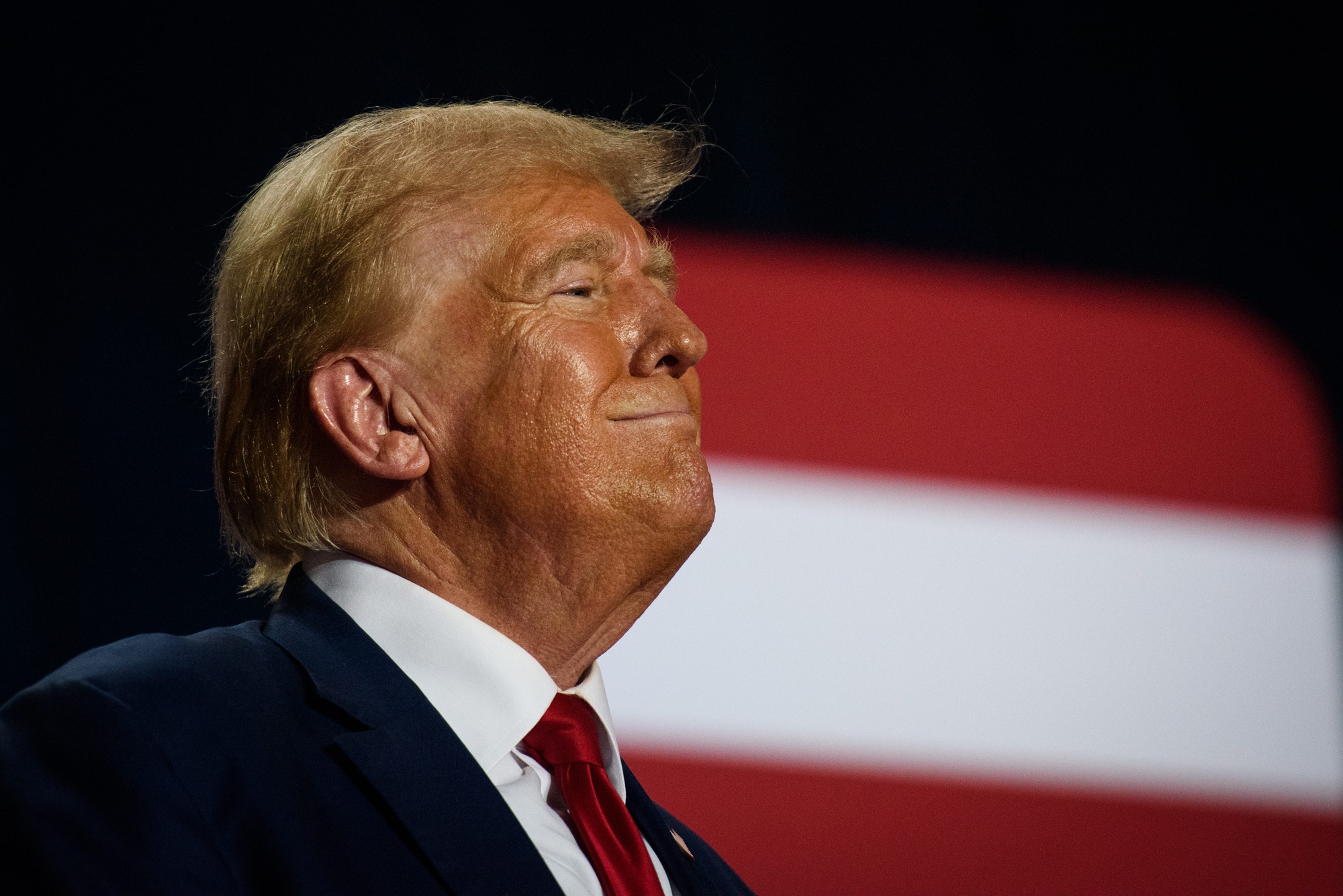
Tariffs and Their Potential Impact on Inflation
The role of tariffs in inflation has been a contentious issue. As Reid noted, "China has imposed reverse tariffs back on us, so now we’re in a little mini tariff war with China. He did back down after getting literally nothing in return from Canada and Mexico."Trump’s newly implemented tariffs on steel and aluminum could increase costs for many consumer products, Insana warned. "Now that we have tariffs on steel and aluminum signed into executive order today, prices could rise even more." Andrew Craft / USA TODAY NETWORK via Imagn Images
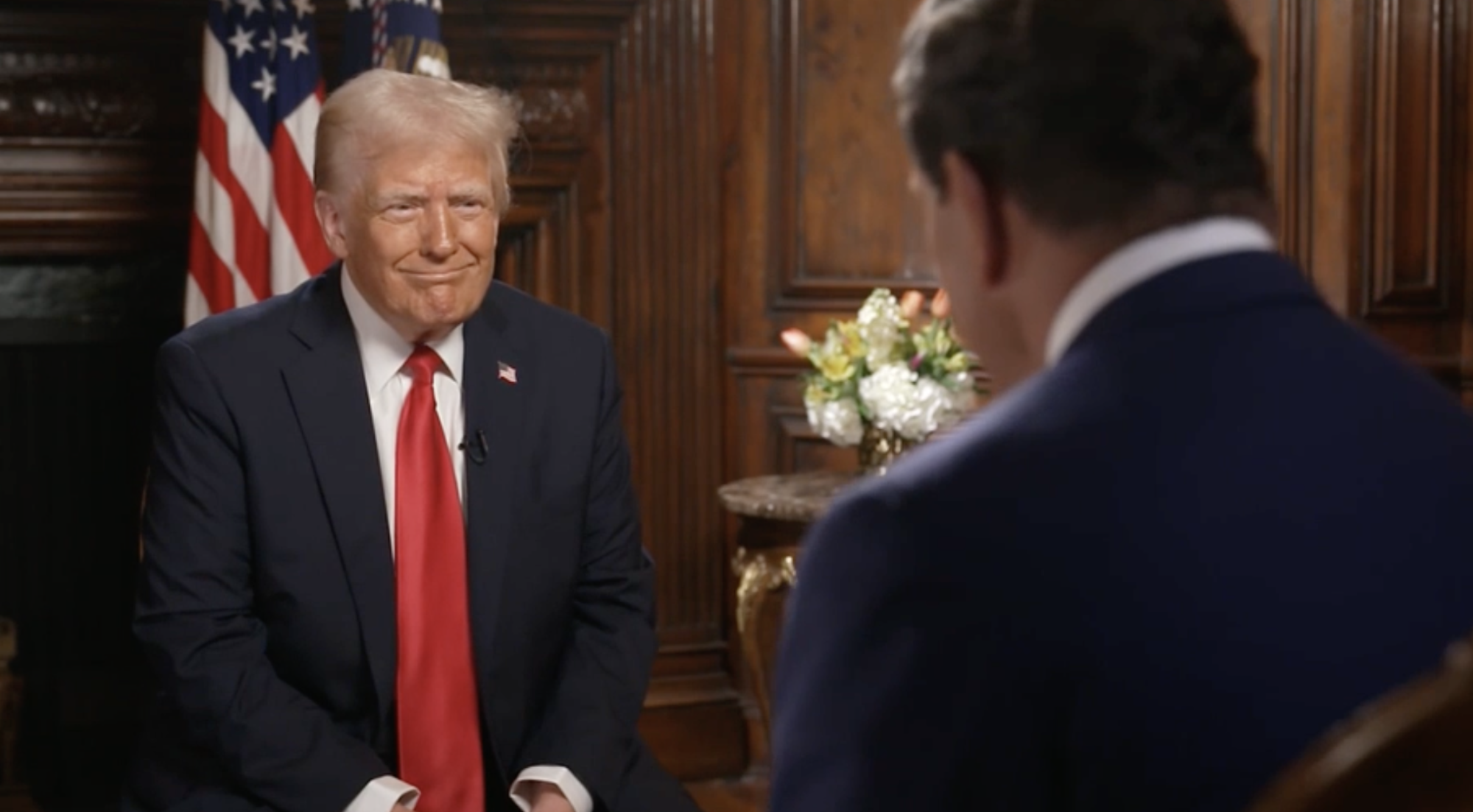
Media Pressures Trump on Economic Policies
Even traditionally supportive media outlets have started pressing Trump on the issue. During a recent "Fox & Friends" interview, Bret Baier asked:"So if all goes to plan, when do you think families will be able to feel prices going down—groceries, energy? Or are you kind of saying to them, hang on, inflation may get worse until it gets better?"
Trump responded: "No, I think we’re going to become rich. Look, we’re not that rich right now. We owe $36 trillion. That’s because we let all these nations take advantage of us. Same thing like 200 billion with Canada. We owe 300. We have a deficit with Mexico of $350 billion. I’m not going to do that. I’m not going to let that happen." Fox News
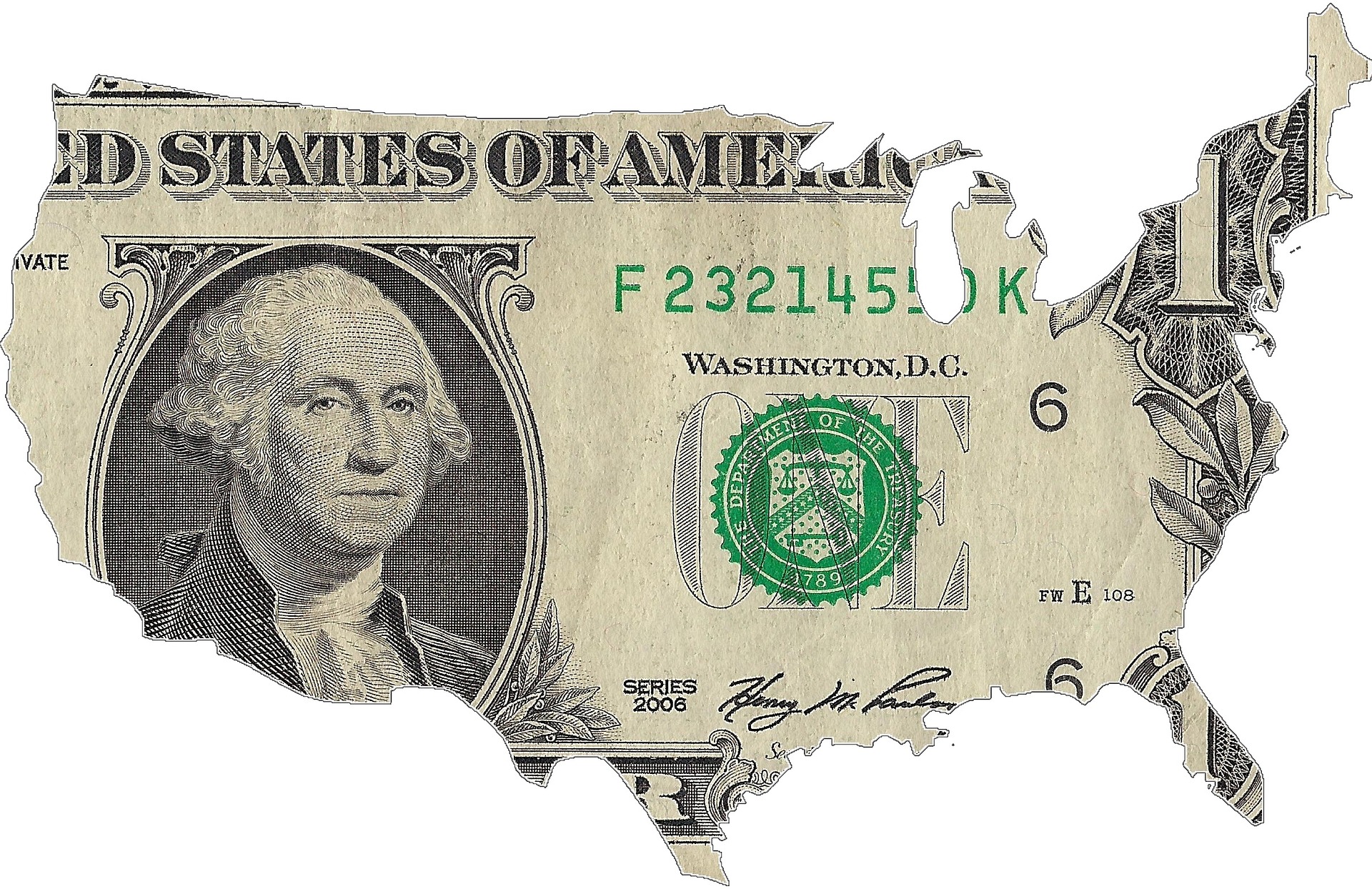
The Role of Immigration
Another factor Trump has pointed to is immigration. He has suggested that large-scale deportations would ease economic pressures. However, Insana pushed back against this idea:"It doesn’t really lower the price of anything. In fact, it would probably raise the price of labor," he said. "We already have a very low birth rate, with 10,000 people turning 65 every day until 2030. So people are both aging out of the labor force and not coming in as quickly as we had hoped."
According to Insana, immigration has played a role in stabilizing the labor market and keeping wage inflation in check. "If we saw 8 to 20 million immigrants, whether they’re documented or undocumented, removed from the United States, that would have a severe impact on the size of the labor force and would exacerbate inflationary pressures in the U.S. economy." Tumisu / Pixabay

Why Lowering Prices Quickly is Unlikely
“No president is able to lower prices in a week, and some of the promises that were made about how quickly prices were going to come down were probably never achievable,” said Tyler Schipper, an economist and associate professor at the University of St. Thomas in Minnesota, CNN reported.Schipper explained that many of the price increases at grocery stores stem from factors predating the new administration. Egg prices, for example, are being driven up by a deadly bird flu that has reduced supply. Meat costs are rising due to persistent drought conditions, while coffee prices are expected to jump because of severe weather in South America. Housing costs, another major driver of inflation, continue to rise due to a prolonged shortage of inventory. Monserrat Soldú / Pexels

Oil Production and Its Impact on Food Costs
Trump has also repeatedly claimed that increasing domestic oil production would help lower food prices. However, the U.S. is already producing more oil than any country in history. “The incentives [to drill more] aren’t great for oil companies,” said Schipper. “They certainly want the rights to drill; but given the price of oil right now, there’s not a lot of incentive for them to open up a bunch more oil capacity and push prices down further.”Moreover, expanding oil production takes time, making it unlikely to offer immediate relief to consumers. Michael Pointner / Pexels
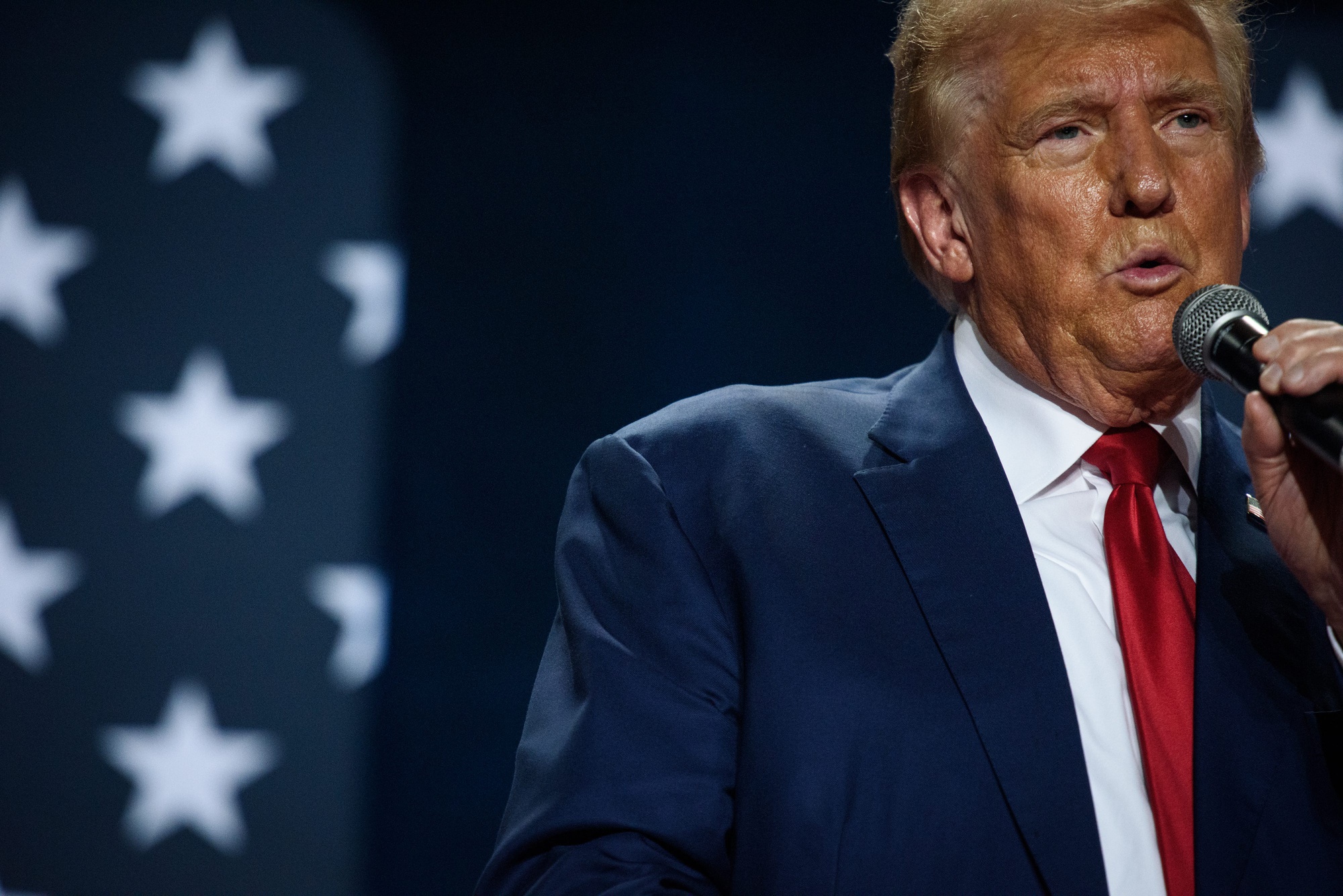
Housing Regulations as a Possible Solution
While Trump’s plan to increase drilling may not yield the desired results quickly, some economists see potential in reducing housing regulations to combat inflation. However, these changes also require time to take effect. “There are lags between changing the policy and then developers seeing changes in policy and then gaming out how much that saves them, then actually building the apartments, and people moving into them,” Schipper noted. Additionally, much of this regulatory authority rests at the state and local levels rather than with the federal government.Although inflation has slowed since its peak in June 2022, it remains above the Federal Reserve’s 2% target. The Fed is expected to hold interest rates steady in its upcoming meeting, as economists weigh the impact of Trump’s proposed tariffs and immigration policies, which could potentially drive prices higher. Andrew Craft / USA TODAY NETWORK via Imagn Images
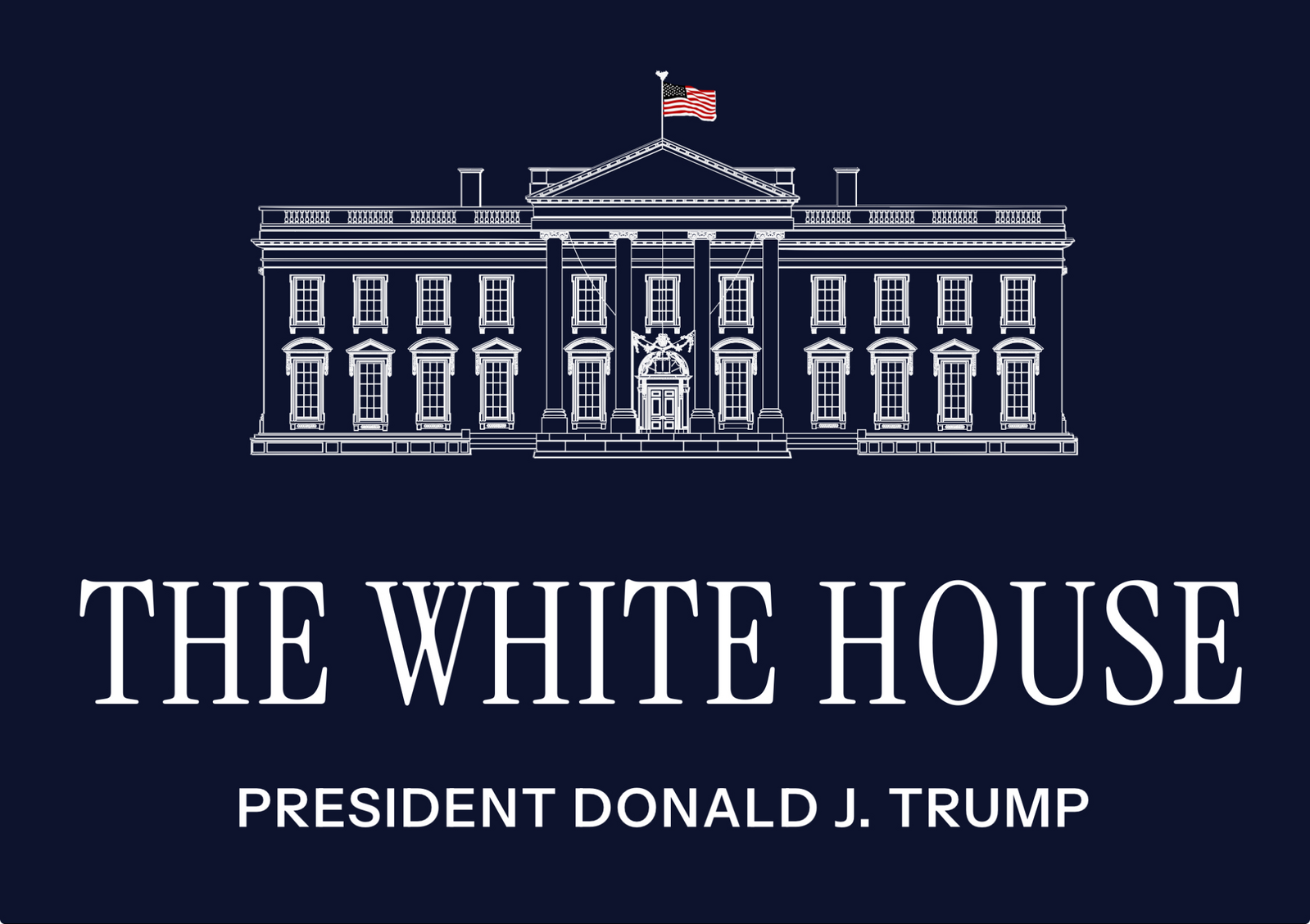
The Challenge of Reducing Food Prices Under Trump
“Tariffs have the effect, especially for goods that are more concentrated in individual countries, to raise prices,” Schipper explained. He cited Trump’s previously proposed 25% tariffs on imports from Canada and Mexico, emphasizing their potential impact on food costs: “Particularly with Mexico, we import about 60% of fresh fruit and 40% of fresh vegetables. It’s one of those things where the argument for preserving American jobs is just weaker in some of those categories; because in winter in the United States, we don’t have the ability to grow some of those fruits and vegetables.”With food prices still climbing, many Americans remain skeptical of the administration’s ability to deliver on its promises. The coming months will reveal whether Trump’s economic strategies can truly alleviate inflation’s burden—or if his “Day One” pledge was always an unrealistic goal. White House / Wikimedia